📰 Iran-Israel ceasefire teeters as IDF accuses Tehran of violations
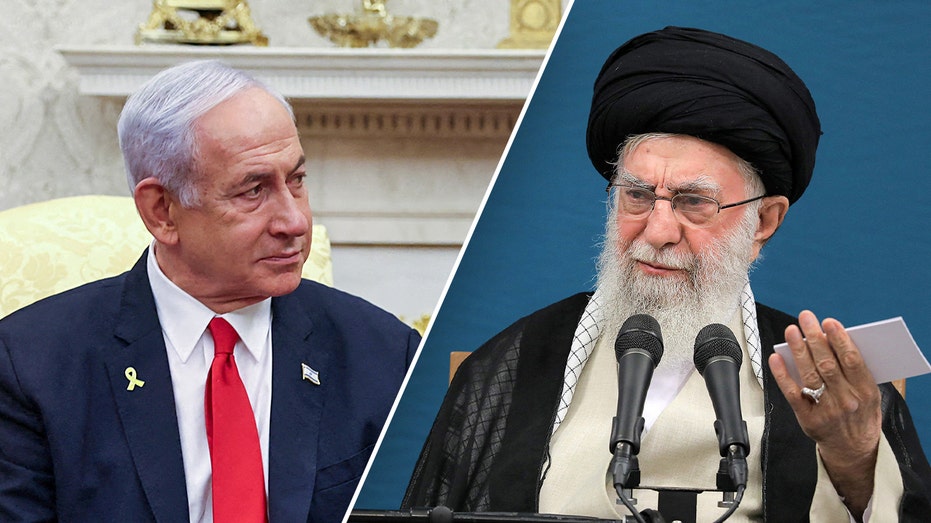
The article discusses the breakdown of a ceasefire brokered by President Donald Trump between Iran and Israel. Despite Trump’s plea, Iran allegedly violated the ceasefire, prompting Israel to respond with military action. Israeli officials, including Defense Minister Israel Katz and IDF Chief of the General Staff Maj. Gen. Eyal Zamir, vowed to retaliate with force. Iran’s military denied the violation, but air raid sirens were reported across Israel. In response to the alleged violation, the Israeli Air Force destroyed a radar array near Tehran. Trump expressed frustration with the ceasefire’s end and called on both countries to de-escalate the conflict. He urged Israel not to strike, emphasizing the importance of maintaining the ceasefire. Netanyahu’s office confirmed that Israel refrained from further strikes after a conversation with Trump, who expressed appreciation for Israel’s actions during the conflict.
📰 Trump brokers Iran ceasefire as experts say regime’s arsenal is shattered but threat remains
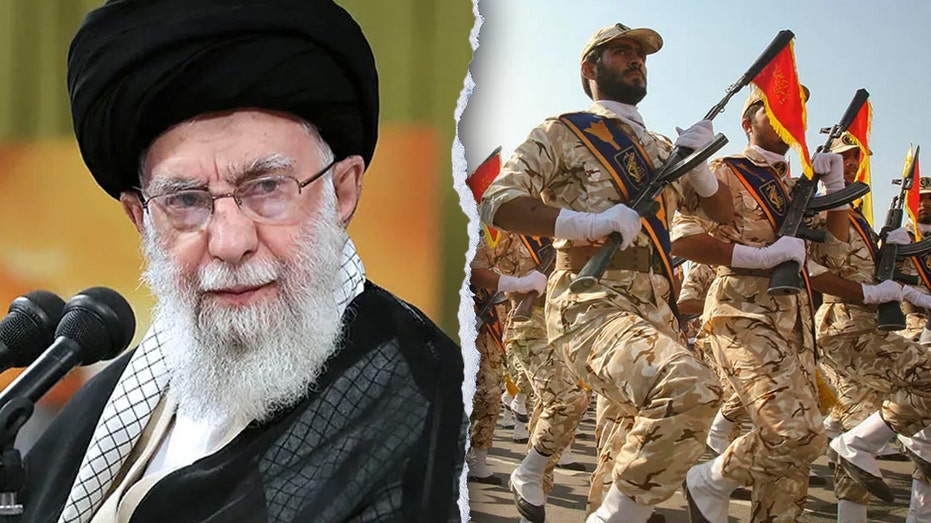
In a significant development, Iran agreed to a ceasefire after a limited strike on a U.S. military base in Qatar, brokered by President Trump, ending a 12-day war. Experts suggest Iran’s decision to step back is due to the heavy damage inflicted on its military infrastructure by U.S. and Israeli strikes on key sites. Despite still possessing weapons, Iran aims to avoid a full-scale war and understands the risks of closing the Strait of Hormuz. The remaining threat lies in Iran’s short-range arsenal, capable of targeting U.S. bases and energy infrastructure in the region. The U.S. military is enhancing defense measures in response to the vulnerability of Gulf bases to Iranian attacks, prompting Iran to face tough choices on rebuilding its military capabilities.
📰 Syrian authorities capture ‘criminals’ linked to brutal church attack that killed dozens: report
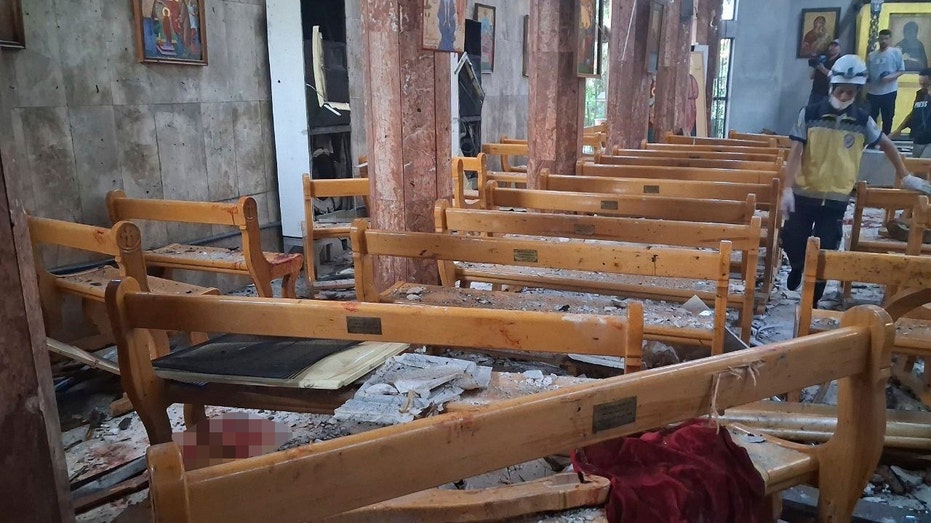
Syrian authorities have made arrests in connection to a deadly suicide bombing at a Greek Orthodox church near Damascus that killed at least 25 people. The arrests were related to cells of the terrorist organization Islamic State, with explosive devices and a booby-trapped motorcycle recovered during a security operation. President Ahmed al-Sharaa vowed to capture all involved in the attack and bring them to justice. The suicide bombing at the Mar Elias Church in Dweil’a began with the perpetrator opening fire on worshipers before detonating himself. While no group claimed responsibility, the Syrian Interior Ministry pointed towards ISIS as the likely culprit. The attack highlights the importance of solidarity and unity in facing threats to national security and stability, amidst heightened political unrest in the Middle East.
📰 Trump hails ‘monumental’ damage as experts await verdict on Iran’s nuclear program
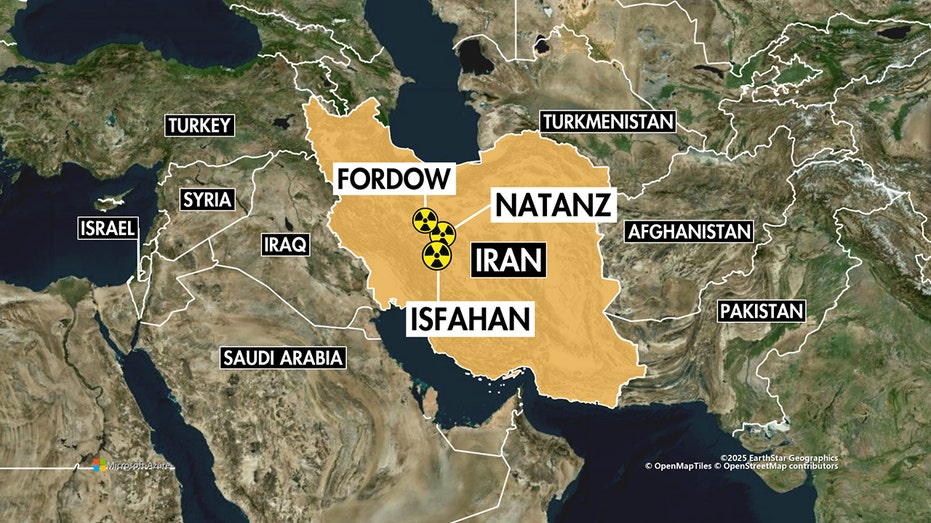
Following the U.S. attack on Iran’s nuclear sites, analysts are assessing the impact on Iran’s atomic ambitions. President Trump praised the military’s skill in causing “monumental” damage to the sites. Gen. Dan Caine stated that all three targeted sites sustained severe damage. Israeli security sources believe the strikes were successful but acknowledge uncertainty about the extent of the damage. Experts suggest that while Iran’s nuclear capabilities have been degraded, they may not be completely eliminated.
Reserve Brig. Gen. Yossi Kuperwasser emphasized that the strikes weakened the Iranian threat and highlighted cooperation between Israel and the U.S. However, he cautioned that the Iranian nuclear program may not be completely destroyed. Sima Shein noted that Iran may have dispersed enriched uranium and hidden advanced centrifuges in unknown locations. Future diplomatic agreements may require full disclosure and removal of remaining fissile material.
Mark Dubowitz of the Foundation for Defense of Democracies called for the complete dismantlement of all remaining Iranian nuclear facilities. Amos Yadlin described the U.S. strike as a “game-changer” but acknowledged that Iran’s nuclear capabilities may not be entirely eliminated. Experts suggest that Iran may respond with either retaliation or a shift in nuclear policy. They believe that continued military pressure must be paired with diplomatic agreements or the threat of further strikes for a lasting resolution.
📰 US strike damage to Iran’s Natanz, Isfahan nuclear facilities captured in satellite images
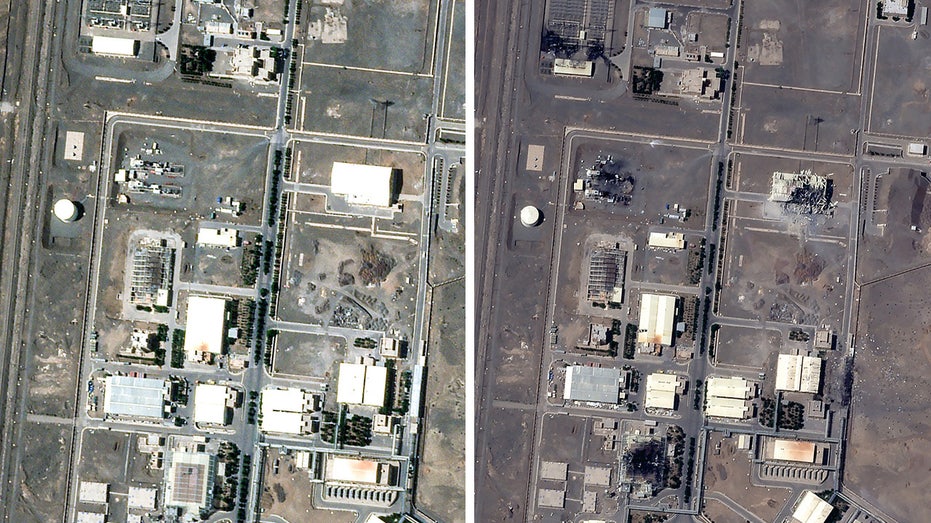
Fresh satellite images reveal significant damage caused by American B-2 stealth bombers in airstrikes on Iran’s Isfahan and Natanz nuclear facilities as part of Operation Midnight Hammer. At the Isfahan site, buildings were hit with cruise missiles, affecting structures related to uranium conversion and tunnels storing enriched material. The Natanz enrichment site’s Fuel Enrichment Plant was also targeted with ground-penetrating munitions, causing severe destruction. The U.S. launched the surprise strike on Fordow, Natanz, and Isfahan nuclear facilities, prompting Americans in Qatar to seek shelter and airspace closure due to Iranian military threats. Russia warns that the U.S. strikes on Iran could lead to a global “nuclear catastrophe,” with the extent of damage to the facilities still being assessed.
0개의 댓글